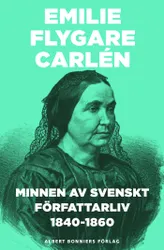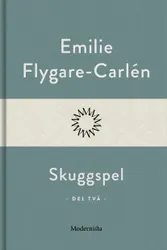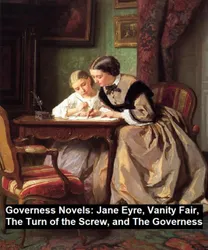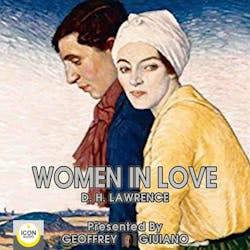E. M. Forster's 'The Longest Journey' exemplifies a shift in narrative style from the traditional Victorian novel to a more modernist approach. The novel follows the life of protagonist Rickie Elliot as he navigates the complexities of class, relationships, and personal identity. Forster's rich descriptions and psychological insight into his characters make the novel a compelling read, exploring themes of self-discovery and the search for meaning in a changing world. Set in late 19th-century England, the book captures the societal norms and moral dilemmas of the time, while also challenging traditional values through its unconventional narrative structure. Forster's use of symbolism and introspective prose adds depth to the story, making it a thought-provoking and engaging read. E. M. Forster's personal experiences with societal expectations and his own struggles with identity likely influenced the themes present in 'The Longest Journey.' Readers interested in exploring themes of self-discovery, societal expectations, and the human experience will find this novel both captivating and deeply reflective.

Familjen i dalen: Berättelse
Emilie Flygare-Carlén
book
The Sleepwalkers
Scarlett Thomas
audiobookbook
Minnen av svenskt författarliv 1840-1860. Del 1 och 2
Emilie Flygare-Carlén
book
No More Parades
Ford Madox Ford
book
Livsfarligt att luta sig ut
Inger Fredriksson
book
Skuggspel (Del två)
Emilie Flygare-Carlén
book
Det vita huset i Simpang
Hanna Nordenhök
book
The Way We Live Now
Anthony Trollope
book
Mansfield Park
Jane Austen
audiobookbook
Governess Novels: Jane Eyre, Vanity Fair, The Turn of the Screw, and The Governess
Charlotte Bronte, William Makepeace Thackeray, Henry James
book
Women in Love
D. H. Lawrence
audiobookbook
All That Was Lost : 'A page-turner and surprisingly tender' Katie FForde
Alison May
book
